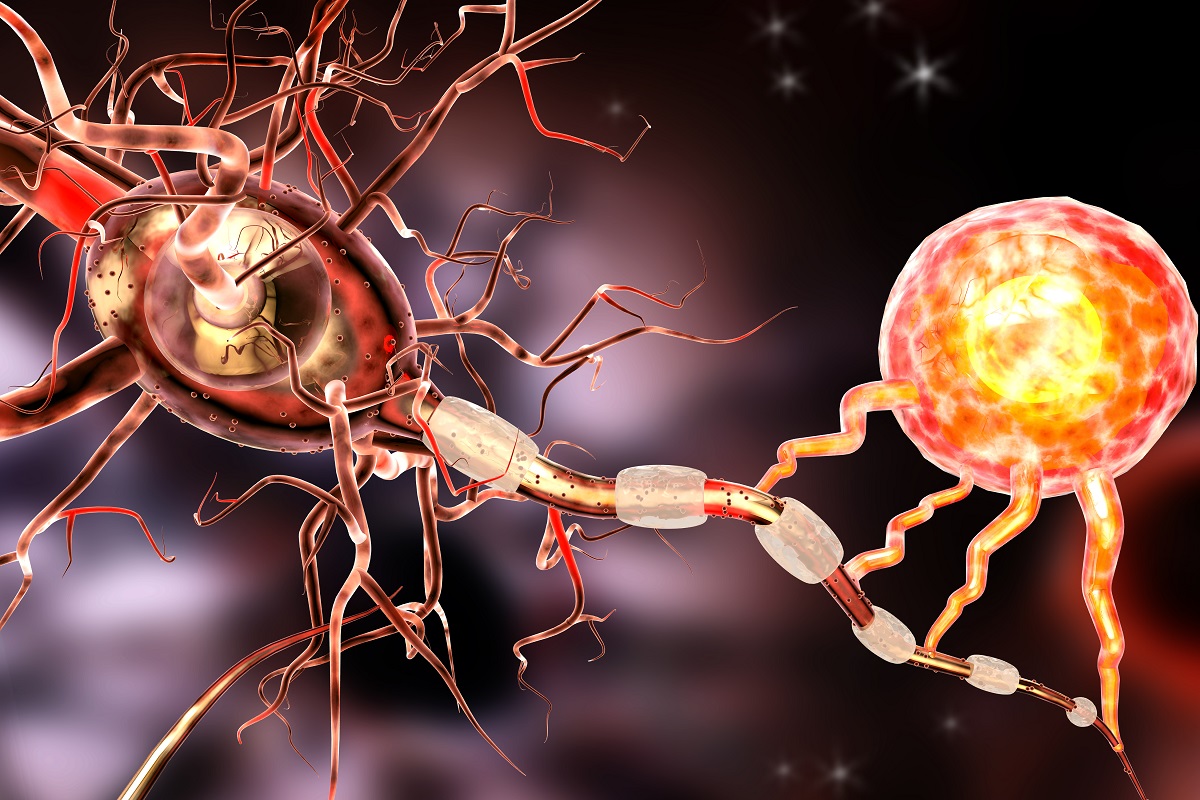KEY TAKEAWAYS
- The study aimed to explore how immunogenic cell death-related genes influence adaptive immune response activation in HNSCC immunotherapy outcomes.
- The study concluded that the newly identified four-gene prognostic signature is a valuable tool for evaluating the survival status and prognosis in individuals with HNSCC.
Head and neck cancer ranks as the 6th most prevalent cancer globally, with immune responses intricately linked to its onset, progression, and prognosis. Exploring the role of immunogenic cell death-related genes (ICDGs) in activating adaptive immune responses may offer insights into the mechanisms influencing head and neck squamous cell carcinoma (HNSCC) immunotherapy outcomes.
Jiayi Zhang and the team aimed to examine how immunogenic cell death-related genes influence the activation of adaptive immune responses in HNSCC immunotherapy outcomes.
Researchers analyzed immunogenic cell death-related genes (ICDGs) expression patterns in HNSCC. They conducted consensus clustering in an HNSCC cohort and developed a 4-gene prognostic model using LASSO and Cox regression analyses with TCGA data.
Validation was performed using 2 GEO datasets. Multiple algorithms were used to compare the distribution of immune cells and response to immunotherapy across different risk subtypes. Additionally, immunohistochemical (IHC) analyses were conducted to validate the prognostic value of HSP90AA1 as a prognosis predictor for patients with HNSCC. In vitro assays were employed further to investigate the role of HSP90AA1 in HNSCC development.
The results revealed the development of a novel prognostic index based on four ICDGs, which emerged as an independent factor in predicting HNSCC prognosis. Utilizing this model, patients were categorized into high- and low-risk subtypes, with the high-risk subgroup demonstrating poorer survival outcomes and reduced response to immunotherapy. IHC analysis confirmed the utility of HSP90AA1 as a prognostic predictor for patients with HNSCC. Additionally, the expression of HSP90AA1 in tumor cells was found to promote the progression of HNSCC.
The study concluded that the newly identified four-gene prognostic signature is a valuable tool for evaluating the survival status and prognosis of individuals with HNSCC.
Funding was provided by the China Postdoctoral Science Foundation, the Nature Science Foundation of Jiangsu Province, and the Research project of the Jiangsu Health Commission. Open research funding was provided by Jiangsu Province Key Laboratory of Oral Diseases, Postgraduate Research & Practice Innovation Program of Jiangsu Province, Jiangsu Province Engineering Research Center of Stomatological Translational Medicine, Jiangsu Province Capability Improvement Project through Science, Technology and Education-Jiangsu Provincial Research Hospital Cultivation Unit and Jiangsu Provincial Medical Innovation Center.
Source: https://pubmed.ncbi.nlm.nih.gov/38713284/
Zhang J, Shi X, Wang M, et al. (2024). “Identification of immunogenic cell death-related damage-related molecular patterns (DAMPs) to predict outcomes in patients with head and neck squamous cell carcinoma.” J Cancer Res Clin Oncol. 2024 May 7;150(5):240. doi: 10.1007/s00432-024-05779-2. PMID: 38713284; PMCID: PMC11076381.



